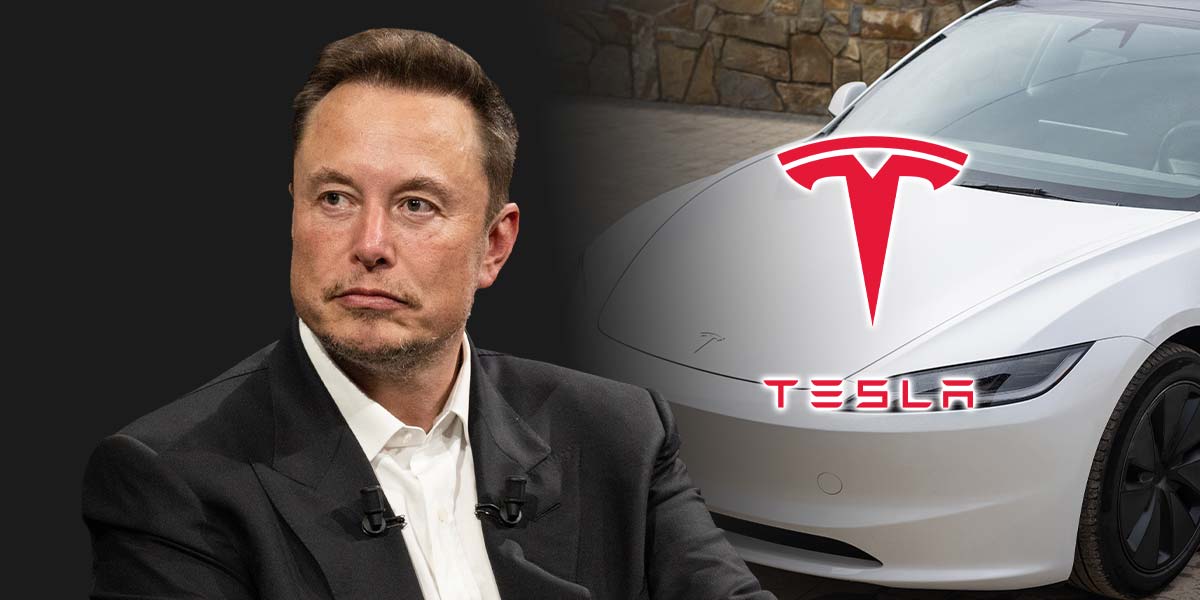Elon Musk has secured a resounding endorsement from Tesla’s shareholders, with more than 75% backing his record-breaking compensation package at the company’s annual meeting Thursday in Austin, Texas.
The approval not only underscores investor confidence in Musk’s strategy to transform Tesla into a leader in artificial intelligence and robotics, but also marks the largest corporate pay deal ever seen.
Buoyed by the outcome, Musk made an energetic entrance to the stage, flanked by dancing robots, casting the meeting as the beginning of an entirely new era for Tesla.
Under the terms of the package, the billionaire CEO might receive up to $1 trillion in stock over the next ten years. After required deductions, this could net Musk $878 billion.
The structure of the payout is based on hitting a series of operational and equity benchmarks, including the delivery of 20 million vehicles annually, the operation of 1 million robotaxis, selling an equal number of humanoid robots and generating up to $400 billion in core profit. For Musk to earn the full amount, Tesla’s market capitalization would need to soar from its current $1.5 trillion to as much as $8.5 trillion.
Tesla’s board had stressed the stakes to shareholders, warning that Musk might exit the company if the pay plan was rejected. While some investors and advisory groups, including Norway’s sovereign wealth fund and proxy firms Glass Lewis and Institutional Shareholder Services, had opposed the plan as excessive, many others saw it as essential for retaining Musk and motivating him to lead the next phase of growth.
In addition to green-lighting Musk’s lucrative pay plan, shareholders reelected three directors, approved annual board elections, and adopted a new compensation scheme to replace Musk’s previous package, currently tied up in court.
Shareholders also voted in favor of Tesla investing in Musk’s AI startup xAI, though a substantial number of abstentions highlighted some investors’ concerns about potential conflicts of interest. Jessica McDougall, a partner at Longacre Square, said this could indicate hesitation among large investors without greater board oversight. Many investors will want assurances that robust guardrails govern any relationship between Tesla and xAI, she explained.
Although opposition remained from influential quarters, analysts suggested Musk’s ability to vote his 15% stake after Tesla’s relocation to Texas proved decisive. Excluding Musk’s shares, the margin of support was slim, a point flagged by Jessica Strine, CEO of Jasper Street Partners.
The historic vote lays to rest concerns that Musk might focus his attention on his other ventures, SpaceX and xAI, instead of Tesla. The board and key investors argued that tying Musk’s compensation to Tesla hitting aggressive targets ultimately benefits shareholders.
As Musk committed to ambitious near-term promises—including the April debut of the Cybercab robotaxi, a next-generation Roadster, and potential collaboration with Intel for AI chip production—Tesla’s future, and Musk’s personal stake, remain tied to breakthrough performance in the years ahead.





